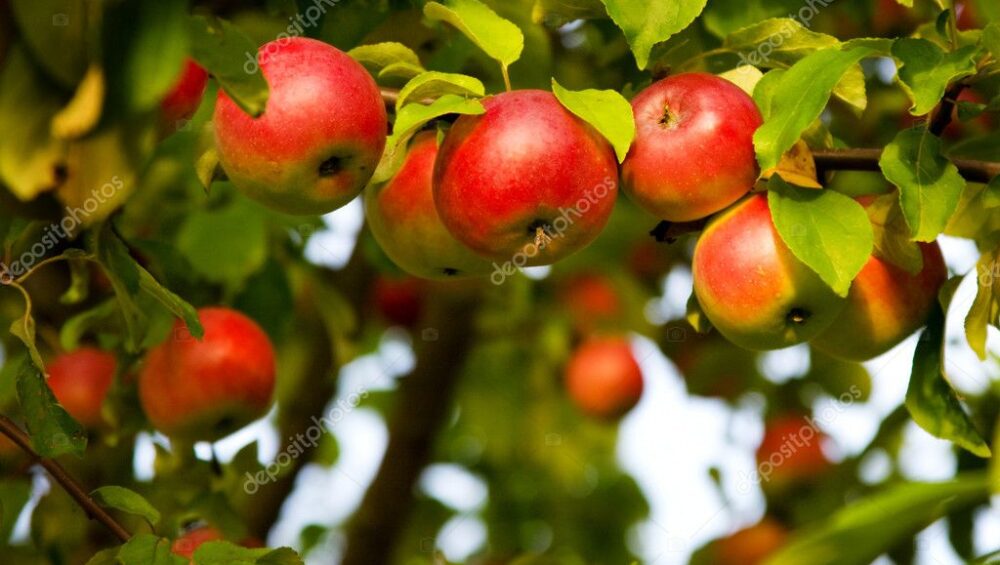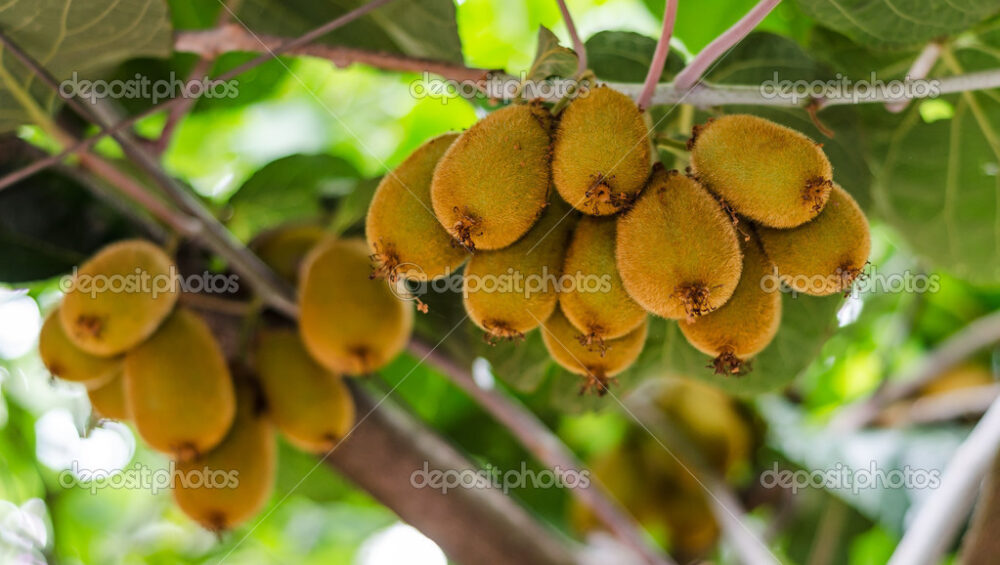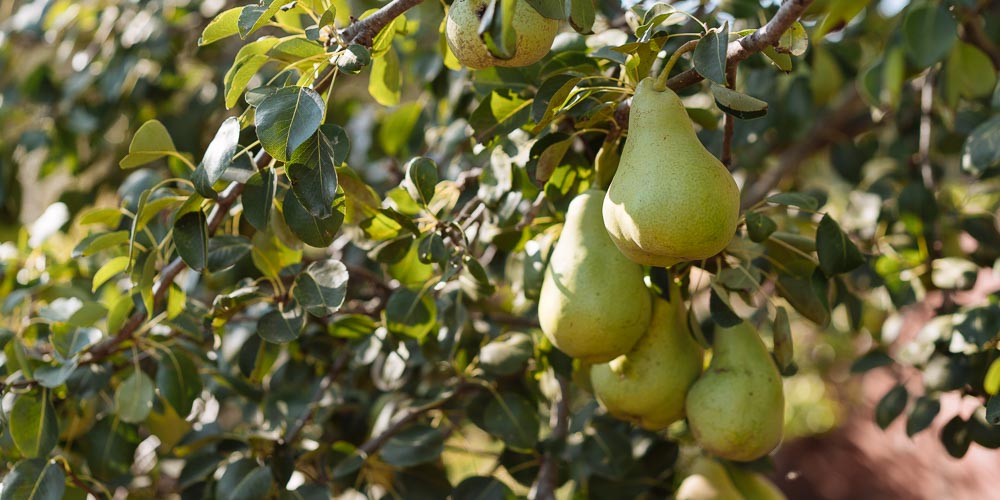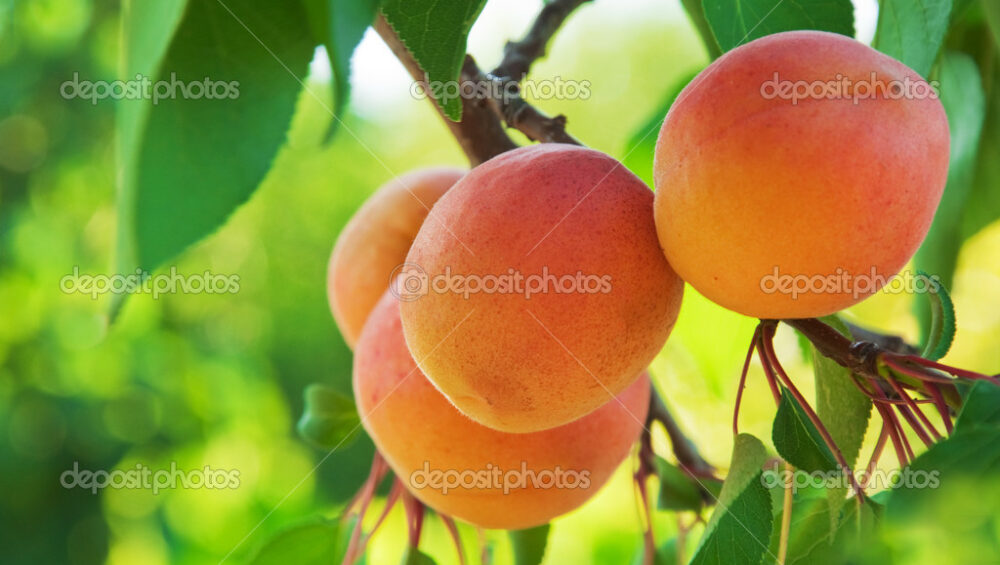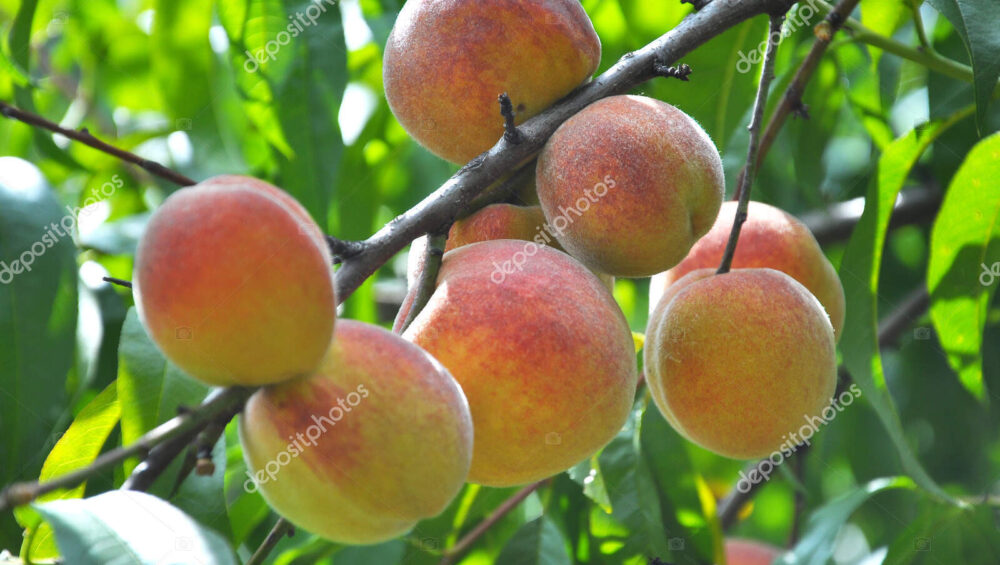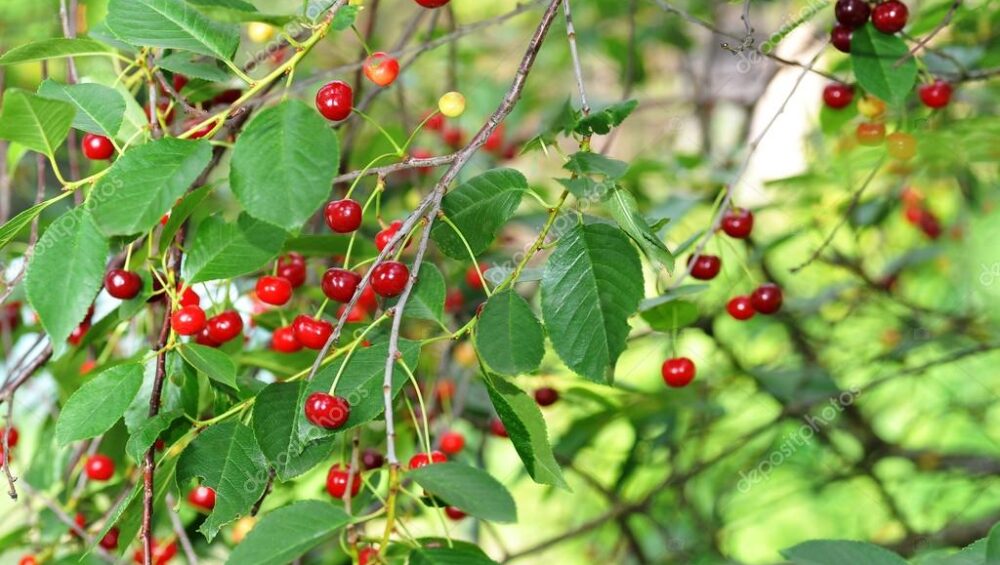The apple tree is mainly grown in wet and cold areas, as in order to thrive it needs the temperature not to exceed 29oC during the summer months. On the other hand, it is particularly resistant to the cold.
Areas close to a wet element, sea, lakes or rivers, are considered more suitable for its cultivation, as they present reduced chances of frost, which can affect the flowering of the tree in the spring. Also, its fruiting is enhanced in areas with high altitudes, where red, high-quality apples are traditionally cultivated. In lowland areas, yellow and green apples are more common. The composition of the soil does not affect the cultivation of apple trees, as long as the soil has the property of draining well and the pH is between 6.5-7.0.
